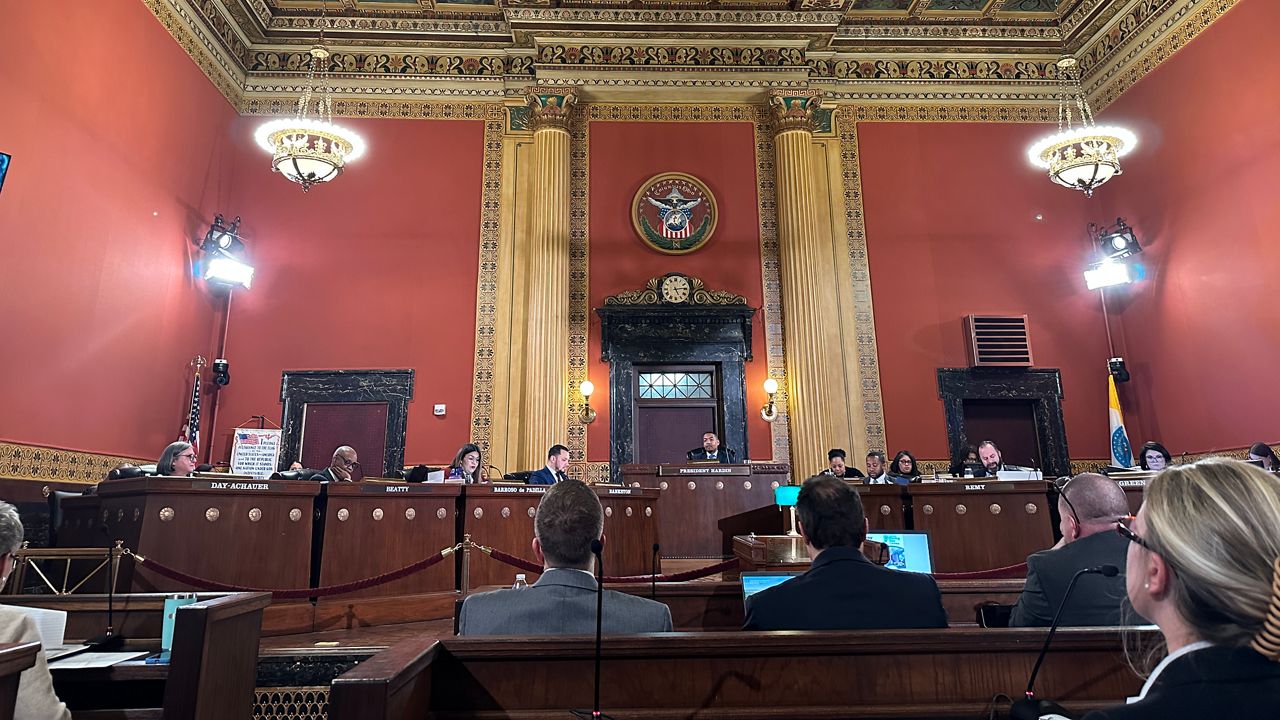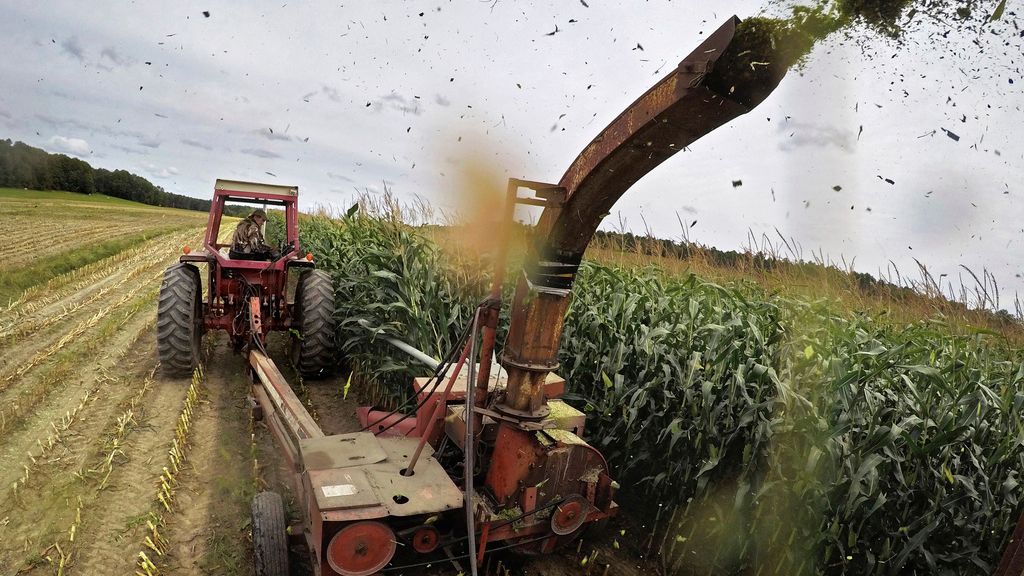OHIO — As Poverty in America Awareness Month rolls on this January, organizations focused on fighting poverty in Ohio say there’s still a lot of work to be done to combat food insecurity in Ohio.
On Friday, Ohio Governor Mike DeWine signed House Bill 45 into law. It's a large spending bill that includes funding to specifically help Ohio food banks and those fighting against childhood hunger.
What You Need To Know
- January is Poverty in America Awareness Month
- Governor Mike DeWine signed House Bill 45, a large spending bill that includes funding to specifically help Ohio food banks and those fighting against childhood hunger
- Organizations focused on fighting poverty in Ohio say there’s still a lot of work to be done to combat food insecurity in Ohio
Susan Jagers, Director of Ohio Poverty Law Center, said these funds will help struggling food banks in the Buckeye state, but the demand could still increase.
“We hear from our food bank partners in all parts of the state that the demand for food is up,” said Jagers. “We were all feeling that pinch at the grocery store, but it can be devastating for families that are already struggling to make ends meet.”
Jager pointed out that HB 45’s investments will go a long way to help food banks keep food on their shelves and keep their doors open as Ohioans continue to fight increasing costs, needing to rely on help to make sure they have food on their tables.
The bill appropriates $25 million in fiscal year 2023, requiring $12.5 million of that be used to purchase, transport, store and distribute livestock, dairy, and poultry protein products. The other $12.5 million will be allocated to the Ohio Association of Food Banks and used for food products and other personal products. The bill also appropriates $5 million to be distributed to the Children’s Hunger Alliance and used to provide meals to food-insecure children.
Still, Jagers noted the increased food stamp or SNAP benefits through the pandemic tied to the public health emergency. Congress took action in December, just before recess, to untie those benefits from the public health emergency, ending the enhanced food SNAP allotments in February.
“We'll actually see many households seeing their food budgets decrease early in 2023,” Jagers sais. “And this change means that for many families with their food budgets being reduced, they're gonna have to look for other ways to make their household budgets work. And we think that might put additional strain on community food banks.”
Jagers said the state still has $400 million reserved from the American Rescue Plan and organizations like hers hope it's holding that money to see how the end of the public health emergency impacts constituents and their communities.










